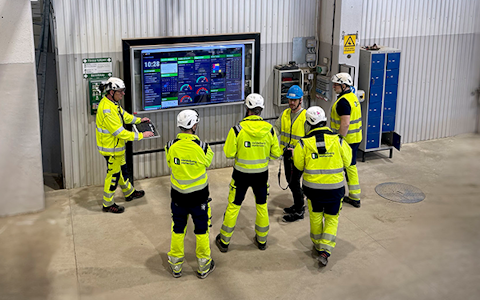
Digital dashboards that help you identify deviations and make the right decisions.
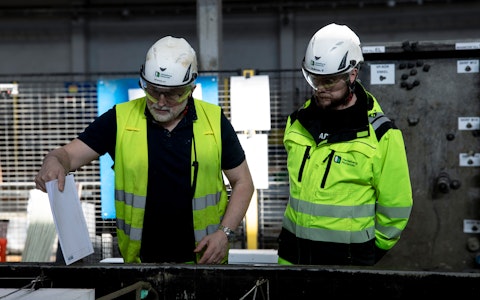
Capture your deviations and turn them into improvements
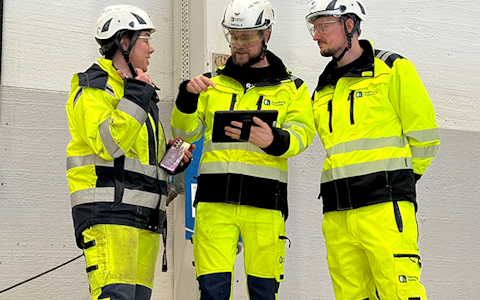
Continuous improvement, Kaizen boards, PDCA and other tools.
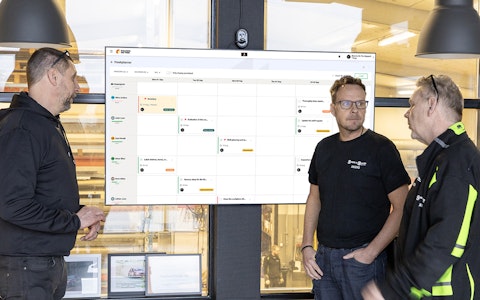
All your team’s tasks, neatly organized in one weekly view.
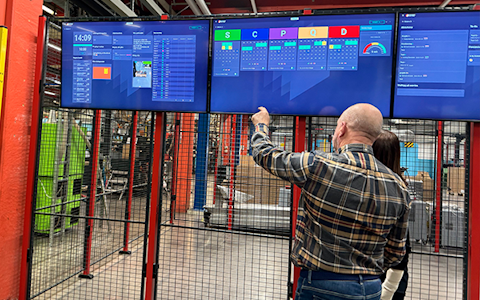
Improve key performance indicators within your specific focus areas with our SQCDP board.
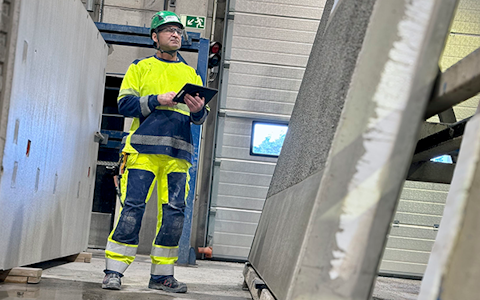
Use the PDCA cycle as a tool to improve both quality and processes
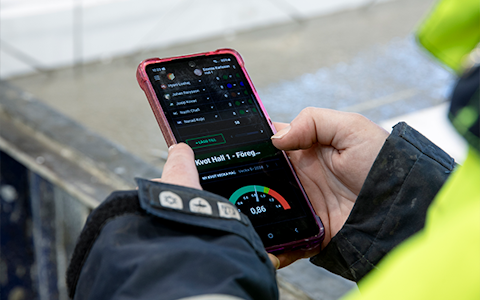
Digital tools for 5S work, recurring audits, and a well-organized workplace.
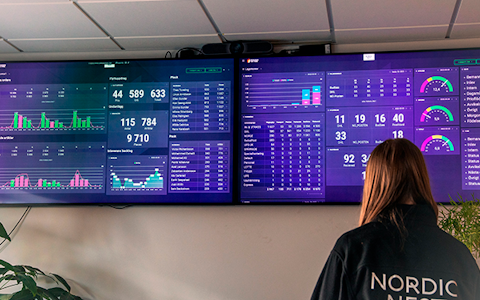
Visualize KPIs and communicate effectively throughout the entire organization.
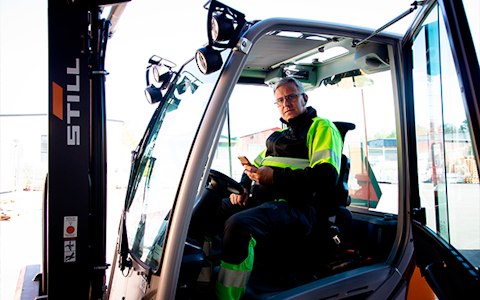
Basic project management and activity boards.
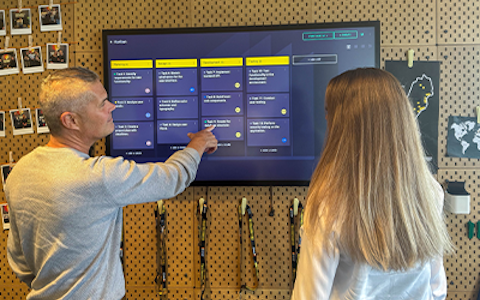
Kanban is a powerful method for visualizing, managing, and optimizing workflows.
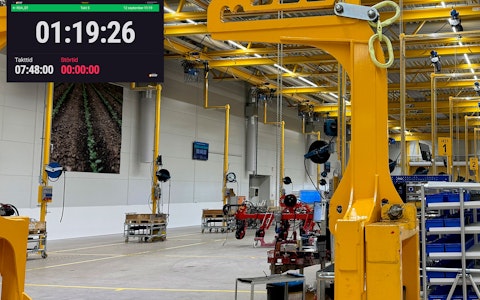
Digital dashboards for takt time flow with takt time counter and stop time log.
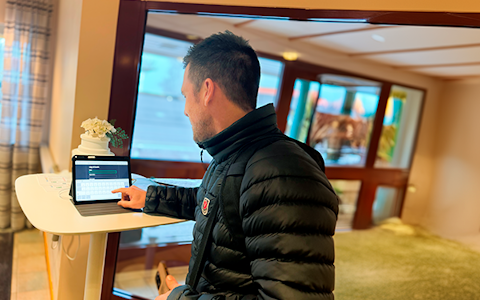
Digital visitor registration provides full control over all planned and executed visits to your business.
Today, Johan Thomélius from our partner Brigdhnight Coaching guest blogs about how Lean can contribute to a more sustainable business. By reducing waste, creating balance in workflows, and engaging employees, companies can both strengthen their profitability and make a positive impact on both people and the environment
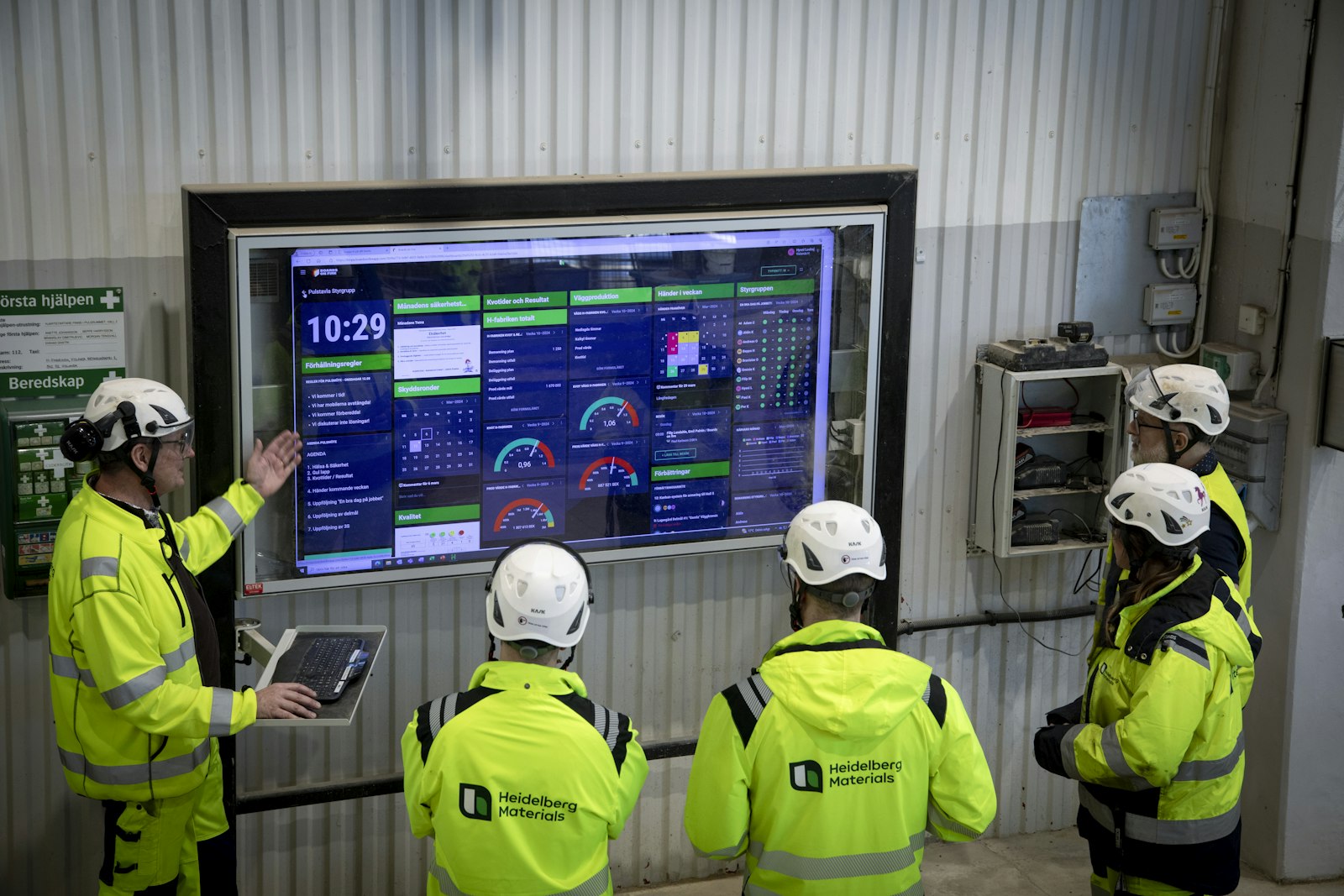
Sustainability in economic, social, and environmental aspects has become an increasingly important issue. For a company to remain relevant in procurement and business dealings, they often need to describe their sustainability efforts. It is common for this to become a paper-based product with summaries of various existing initiatives that a company can classify as sustainability efforts.
Those who truly want to work with sustainability should start by examining imbalances, waste, and overloading in their workflows. The best thing you can do for the environment, employees, and financial results is, in fact, to continuously work on these fundamental focus areas.
The Lean philosophy contributes to a sustainable organization by focusing on efficient resource usage, continuous improvement, and value creation. Some of the key aspects are:
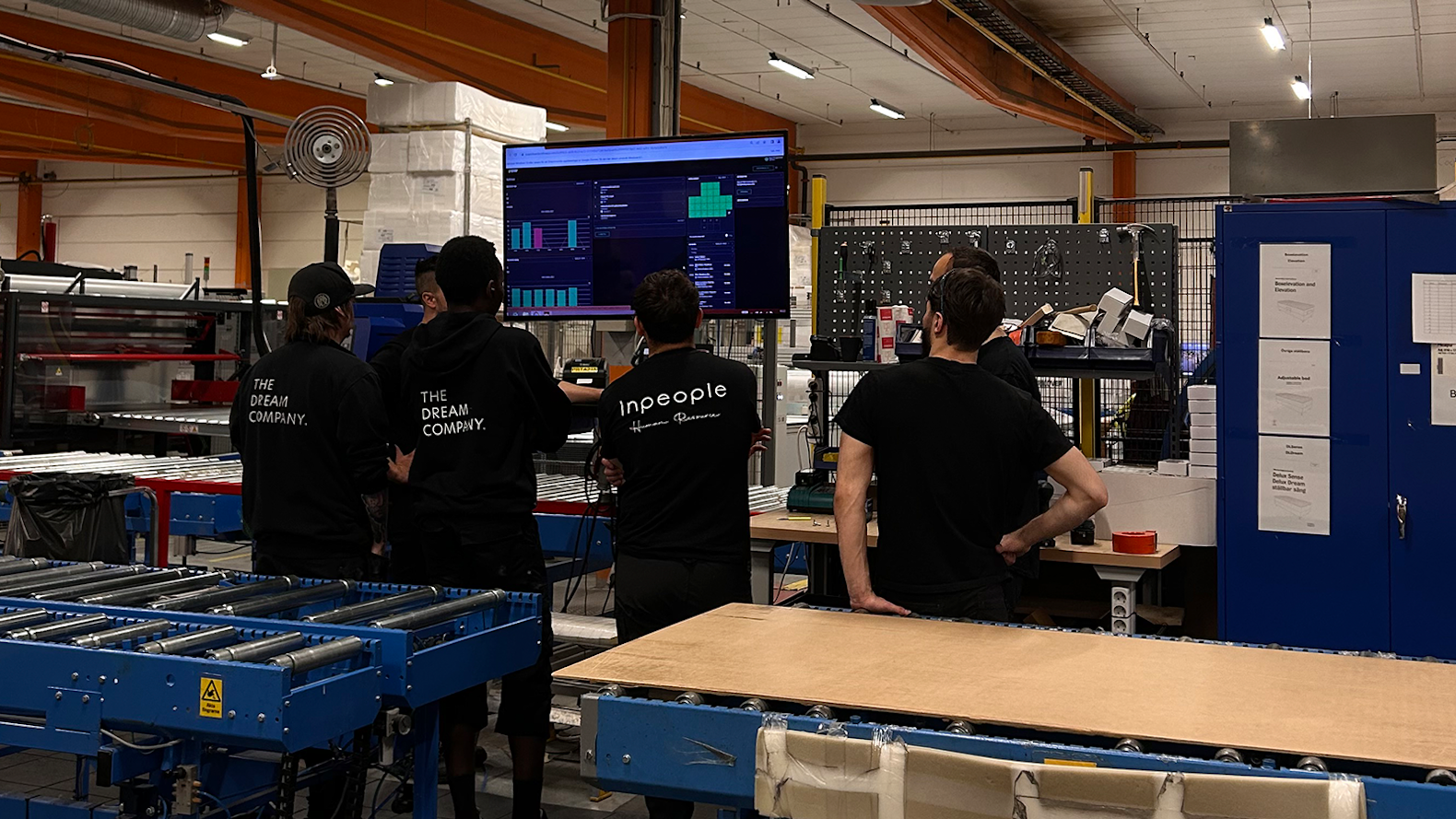
Sustainability is about more than just environmental work; it is also about efficiency, work environment, and long-term profitability. By working with Lean and focusing on reducing waste, engaging employees, and continuously improving processes, businesses can create a sustainable operation that benefits both the business and the world around them.
To succeed in this, it takes more than just a willingness to improve, it also requires the right tools and methods to generate insights, track progress, and engage the entire organization. This is where Boards on Fire can play a key role. With digital boards and tools for daily management, visualization, and follow-up of KPIs and improvement initiatives, your organization gains a concrete platform to work practically with Lean and sustainability.
With Boards on Fire, you can:
Identify waste in real time and follow up on actions
Engage employees by making improvement initiatives visible
Work systematically with daily management and continuous improvement
Create transparency in financial, social, and environmental sustainability goals
In this way, sustainability becomes more than just a report — it becomes an integrated part of everyday work, driven by data, engagement, and clear processes.
Happens at Boards on Fire
Free web demo